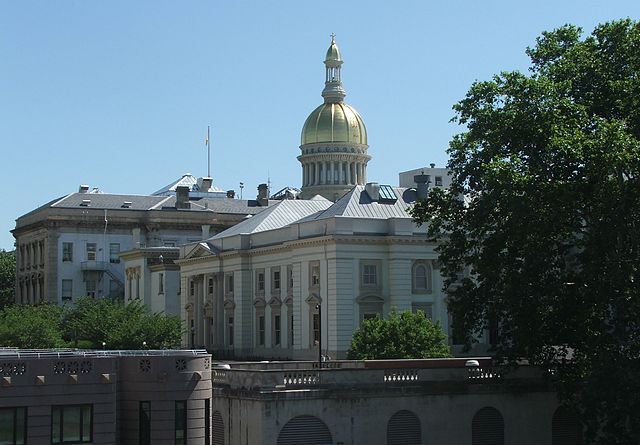The president of CalPERS’ board of administration, Rob Feckner, has been reelected to his 11th term. The term is one year long.
The board held the vote on Tuesday.
Feckner has sat on the board since 1999.
More from the LA Times:
During his long tenure, Feckner has steered CalPERS away from sometimes strident, anti-corporate activism; backed a campaign that successfully defeated a 2005 initiative that would have reduced some pension benefits; and helped the nearly $300-billion fund recover billions of dollars in losses from the recession of 2008-09 and its aftermath.
He also worked to clean house and overhaul policies in the wake of a 2009 bribery and corruption scandal that resulted in federal criminal charges being filed against two former CalPERS officials, a board member and chief executive.
“In the past few years, we have many accomplishments to be proud of,” Feckner said in a statement released by CalPERS, “but there’s still much more to do to ensure we provide secure retirement and health benefits to California’s hard-working public employees.”
Among those challenges is a potential 2016 proposed ballot measure that would allow cities and local governments to cut pension benefits for current employees. The board is expected to oppose such a measure.
Another development from Tuesday’s meeting: the board elected Henry Jones to the vice president position. He is replacing Priya Mathur, who was stripped of that position after repeated violations of financial reporting laws.

